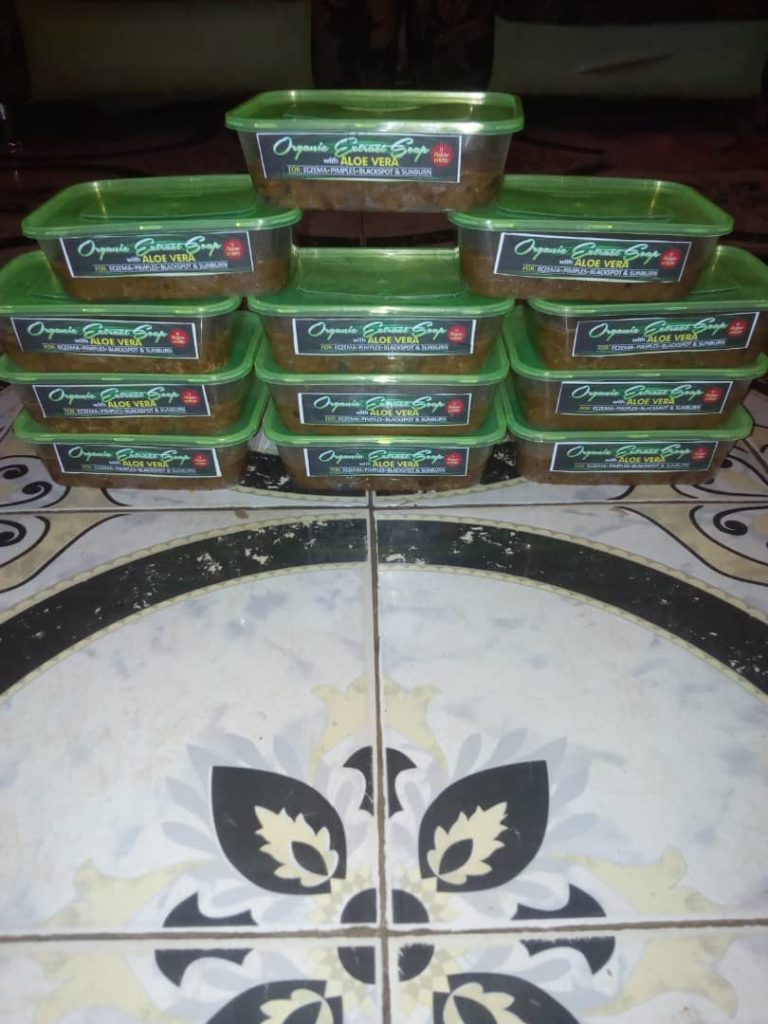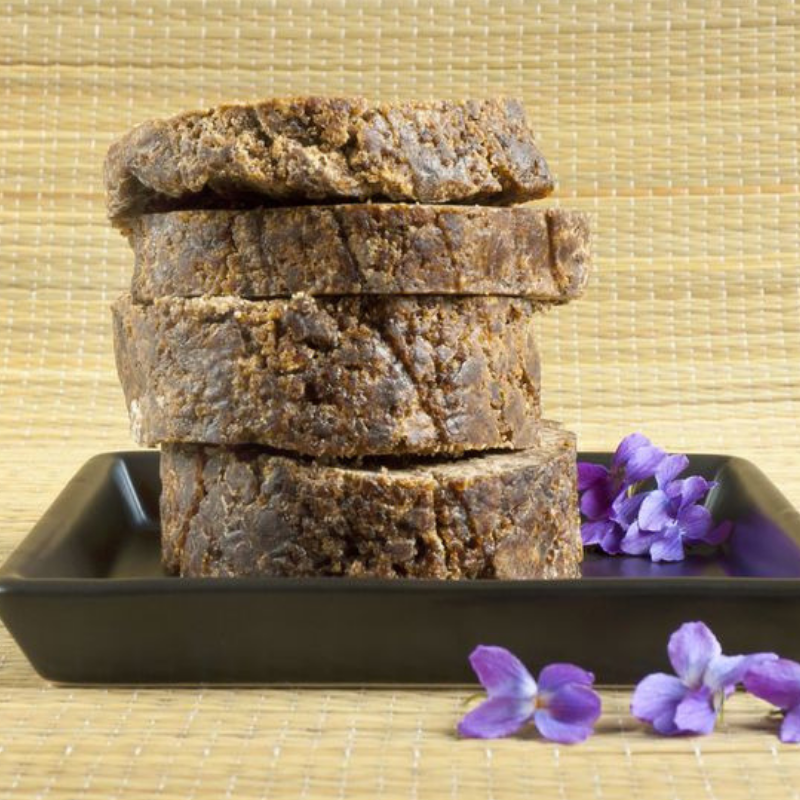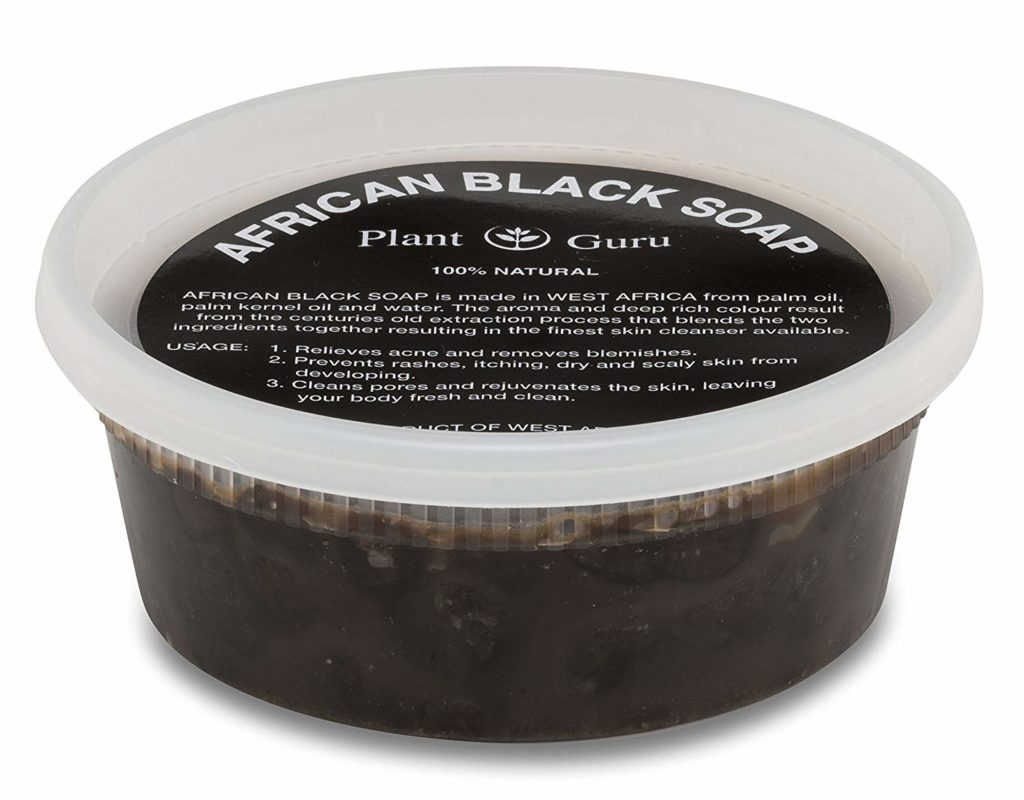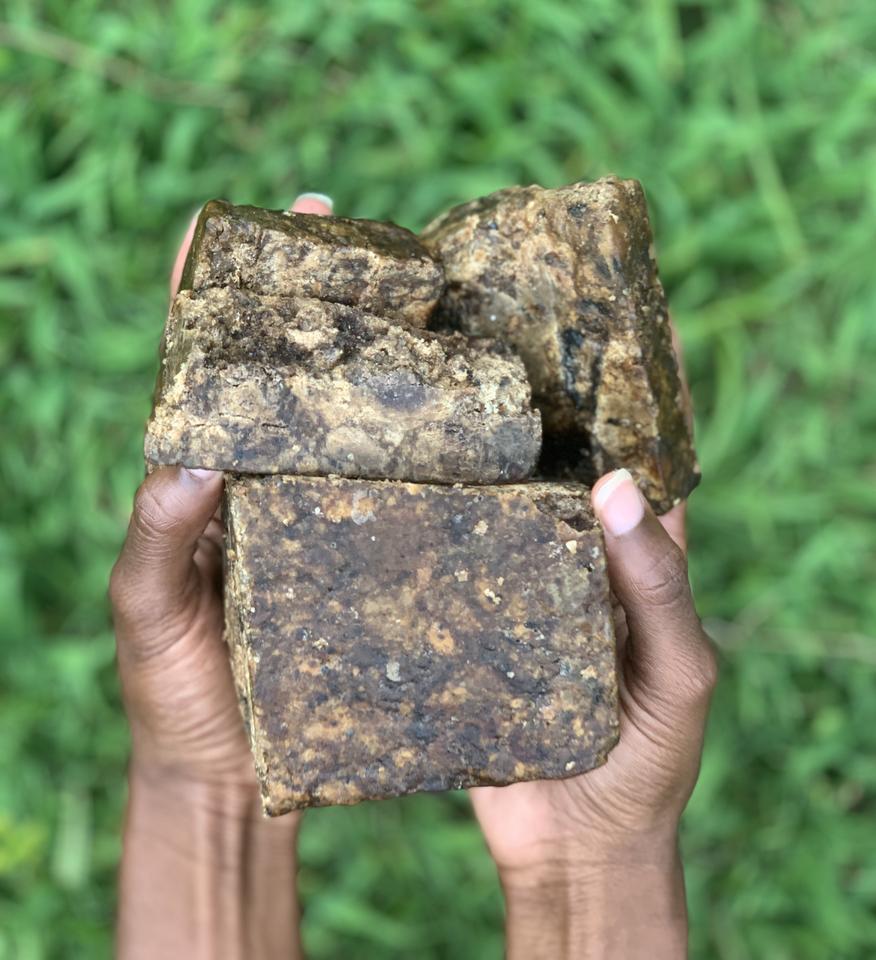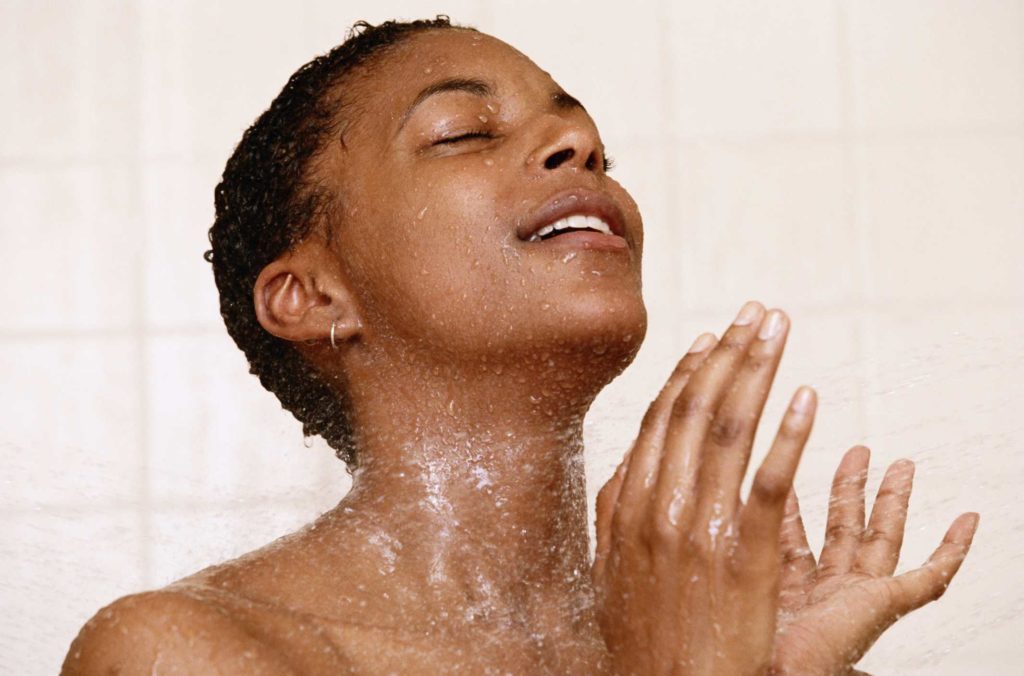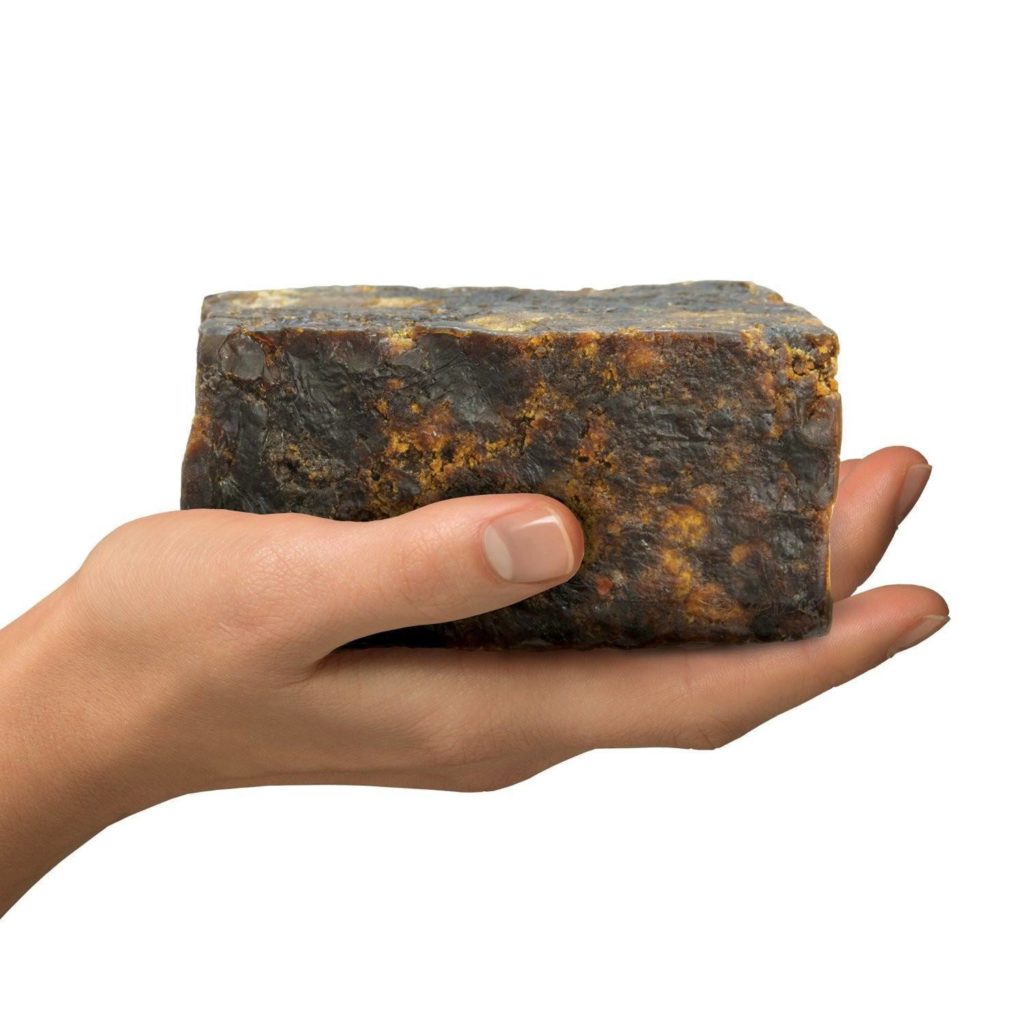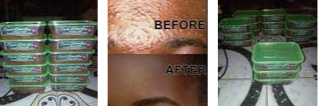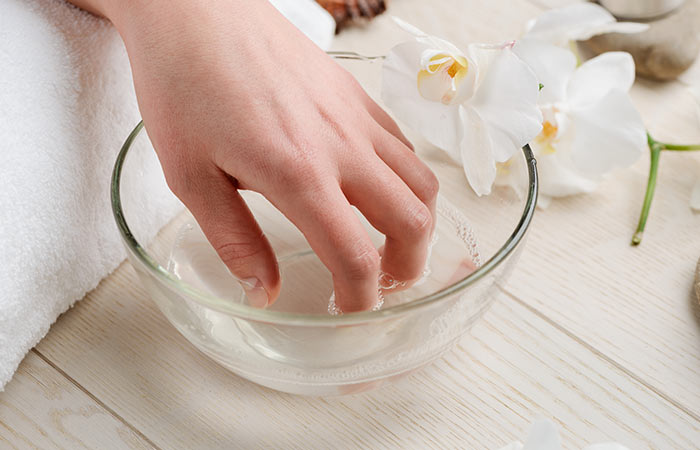TIPS & HOW TO'S
The Benefits Of Natural African Organic Black Soap
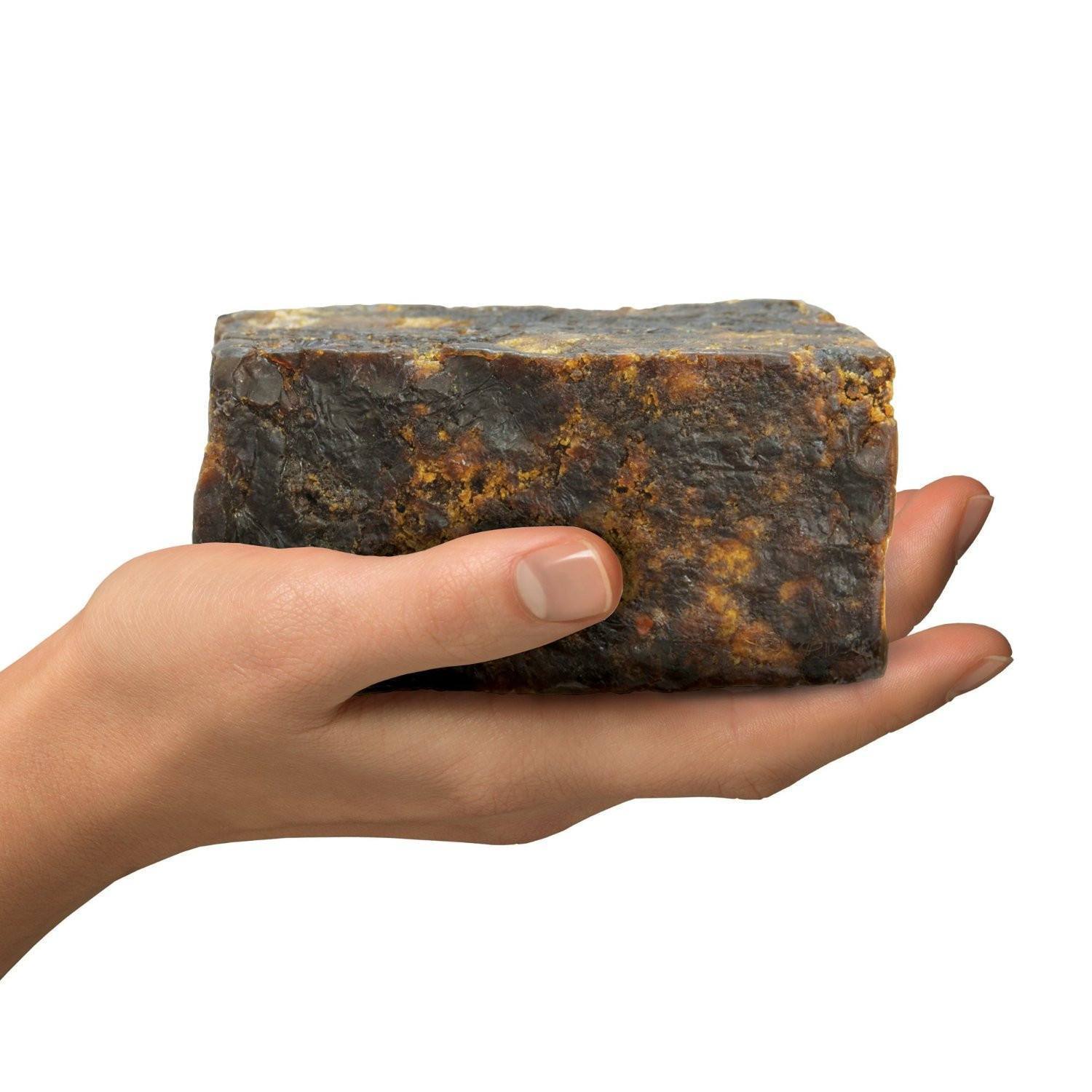
African Black Soap is also known as Anago soap, Alata Samina and ose dudu, and is produced from secret recipes in West African nations by various tribeswomen. Considered Africa’s best-kept beauty secret for centuries,
Where To Buy 100% Organic Soap
You Can Get this Homemade Black soap Delivered to you Nationwide On Fufatrade.com to Get Yours click : Buy Now
The benefits of African Black Soap are now widely known, prompting women (and men) across the planet to include it in their daily cleansing and beauty rituals.
Our African Black Soap is handmade by the tribeswomen of a fair-trade cooperative village, drying the skins of the Plantain fruit to a precise texture in the hot African sun first. Then the skins are roasted in a clay oven to achieve a particular color, texture and fragrance. The longer they are dried the darker the color of the soap will be. Next the ash of the burnt plantain skins, cocoa pods, leaves, and bark are carefully mixed with water and oils like coconut, shea butter, cocoa butter and palm.
Benefits Of The African Black Soap
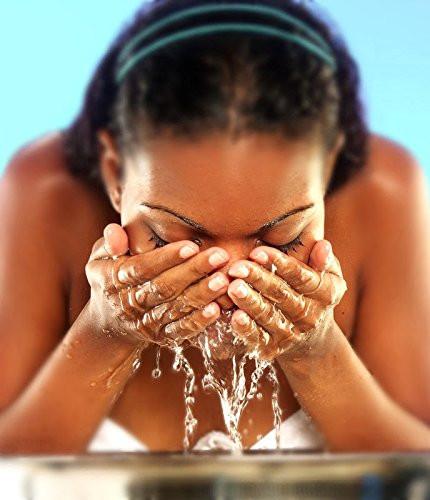
African Black soap helps alleviate rashes, eczema, psoriasis, scalp irritations, acne, blemishes, wrinkles and other problems while it softens skin. Although it possesses strong cleansing properties, African Black Soap is gentle on the skin and recommended for infants and the elderly.
Vitamins and Minerals- The use of plantain skin in black soap recipes makes it rich in iron and Vitamin A and Vitamin E. Because black soap is rich in glycerin, it leaves hair clean, healthy and light when used to shampoo.
African Black Soap has many uses; Black Soap has been known to alleviate the symptoms of rashes, eczema, psoriasis, scalp irritations, acne, wrinkles, oily skin and blemishes, while making skin beautiful and soft. Black Soap is also good for bathing, washing hair and removing make-up. Overall, Black Soap is great for leaving the skin soft, supple, clear and smelling pleasant.
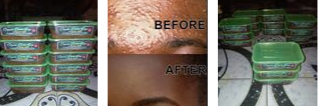
What Type Of Skin Should The African soap be used On?
African black soap is considered to be safe and beneficial for all skin types—dry, oily, normal, combination and even sensitive in some cases. For the most part, users of African black soap have found it to be beneficial, even healing to the skin.
But while some find the soap moisturizing, others might find it drying. Skin will react in different ways depending on the individual and the product, especially since black soap can vary from batch to batch and can have varying proportions and types of ingredients.
There are numerous recipes and ingredients used in making black soap, which begins with potash from plantain skins, leaves and cocoa pods, mixed with palm kernel oil. Batches vary, so it’s possible that one batch could be fine for an individual while another has more of a certain ingredient that could possibly cause a reaction in the skin.
Upon first use, even those with oily skin might notice that the skin feels dry and tight. This might last for a week. It’s believed this is caused by the soap drawing out impurities and excess oils. After a few days the PH levels of the skin will balance out (which is why it is believed to be good for both dry and oily skin.)
The soap can also cause a tingling, sometimes burning sensation (especially in open sores) leading to red skin. This also seems to eventually resolve, but before using African black soap on the face, do a patch test on another part of the body, like the inside of the elbow.
Dry Skin
For some individuals the raw black soap dries out the skin. Other black soap that includes shea butter, or another moisturizing ingredient in the formula will probably be better for dry skin types. If it’s drying out your skin, try using less. A little goes a long way and using too much soap (of any kind) will definitely be drying to already parched skin. If you have sensitive and/or dry skin start out by using it only once a day.
Oily skin
African black soap is great for oily and acne prone skin. It’s efficient for deep pore cleansing because of its natural exfoliating qualities. For some oily skin types it seems to keep the skin hydrated without increasing oil.
How To Cleans with African Black Soap
If you are using raw African black soap, rub between hands to work into a lather. If you apply the soap directly to the skin, do so gently, because there could still be ash granules and other debris that can tear the skin. Washing and rinsing with cool water can help reduce the possibility of stinging and redness. Avoid getting the soap in the eyes. If you have sensitive or very reactive skin, don’t leave the soap on the skin for a long period of time. You could experience tingling or a burning sensation in acne areas, open sores and cuts.If your skin feels squeaky clean afterwards, it means the skin is too dry. Try reducing the amount of soap that you use. A very small amount (the size of a small marble) can cleanse the face, neck, and then some.
Reactions to African Black Soap
If you break out in a rash or contact dermatitis discontinue use and consult your dermatologist. If you are latex-allergic you could have latex fruit syndrome and could have a reaction the plantain ash in black soap, as well as palm and coconut oil. If you have a chocolate allergy or are sensitive to caffeine, also be aware that there could be a high concentration of cocoa pods (which make the ash) used in the soap.


